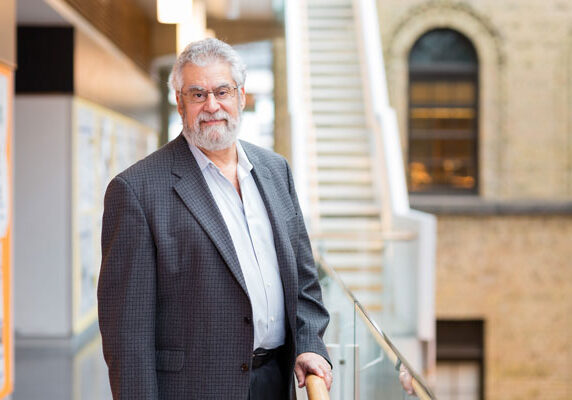
Professor Michael Sefton inducted into the Order of Canada
Award recognizes outstanding achievement, dedication to the community and service to the nation
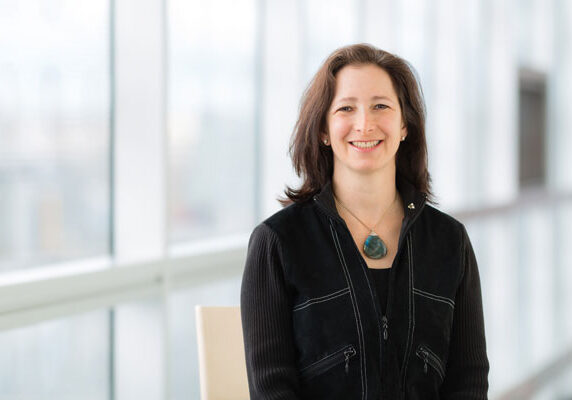
Professor Molly Shoichet inducted into the Order of Canada
Award recognizes outstanding achievement, dedication to the community and service to the nation
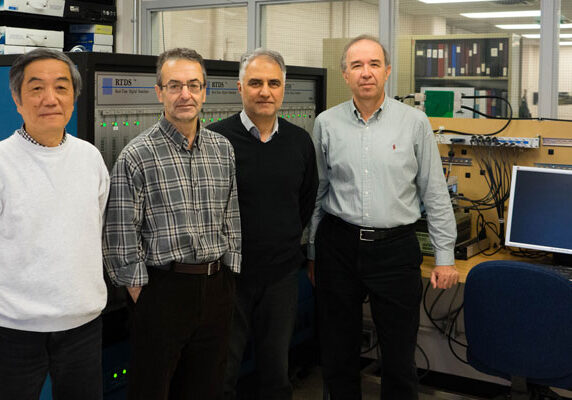
Reducing ‘range anxiety’ for electric vehicles by speeding up charging time
Large-scale, utility level battery systems will reduce the charging time for electric vehicles from hours to minutes
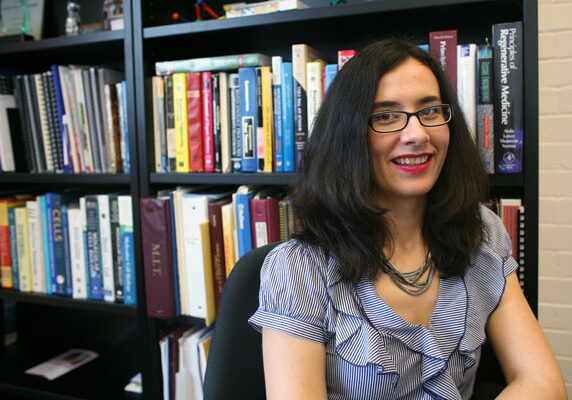
Professor Milica Radisic receives the Steacie Prize
Award recognizes engineers and scientists 40 years of age or younger who have made notable contributions to research in Canada

Smarter cities: Strategic partnership leverages technology and big data to improve urban environments
Collaboration brings together academia, industry and government to explore how the Internet of Things can make cities work better
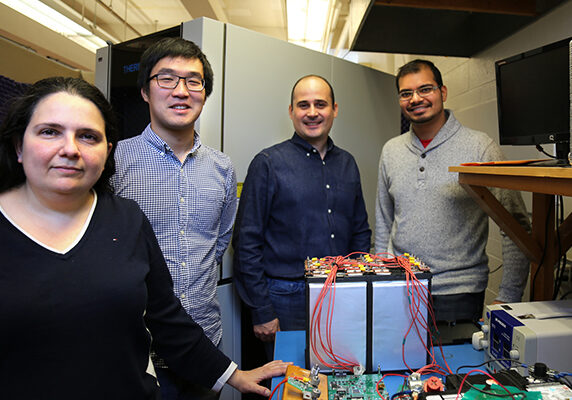
U of T Engineering researchers developing next generation of battery technology for electric vehicles
An MIE team led by Dean Cristina Amon, in collaboration with ECE researchers, aims to improve efficiency and reliability of lithium batteries
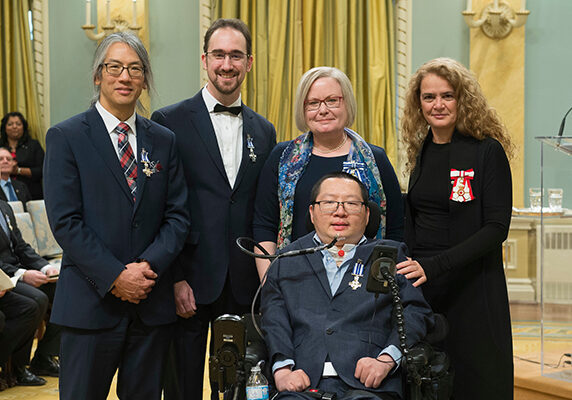
Professor Tom Chau, U of T Engineering alumni awarded Governor General Meritorious Service Decoration
Virtual Music Instrument, developed by Chau and his team, has helped children with disabilities in seven countries worldwide
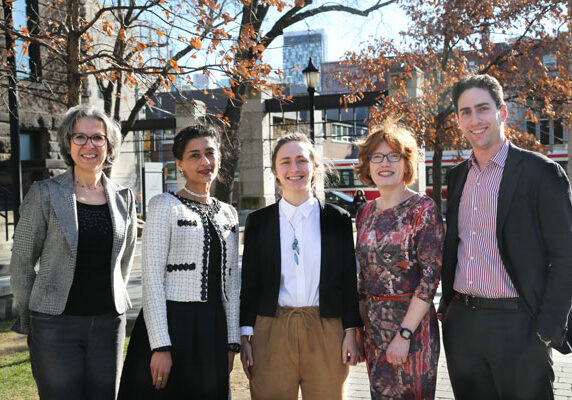
Green infrastructure: New tool to help construction industry reduce carbon footprint
U of T Engineering partnership with Ellis-Don, BASF and WSP will focus on life-cycle analysis of buildings, bridges and more
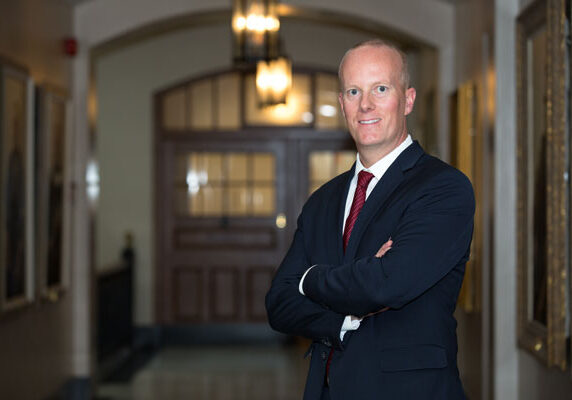
Artificial intelligence can accelerate the race toward sustainable energy technologies
We’ve all heard that artificial intelligence and machine learning are poised to transform our lives with self-driving cars and voice-activated robotic assistants. But these technologies may also be the key to speeding up the development of clean energy — from better batteries to more efficient solar cells. That’s the argument advanced today in Nature by […]

